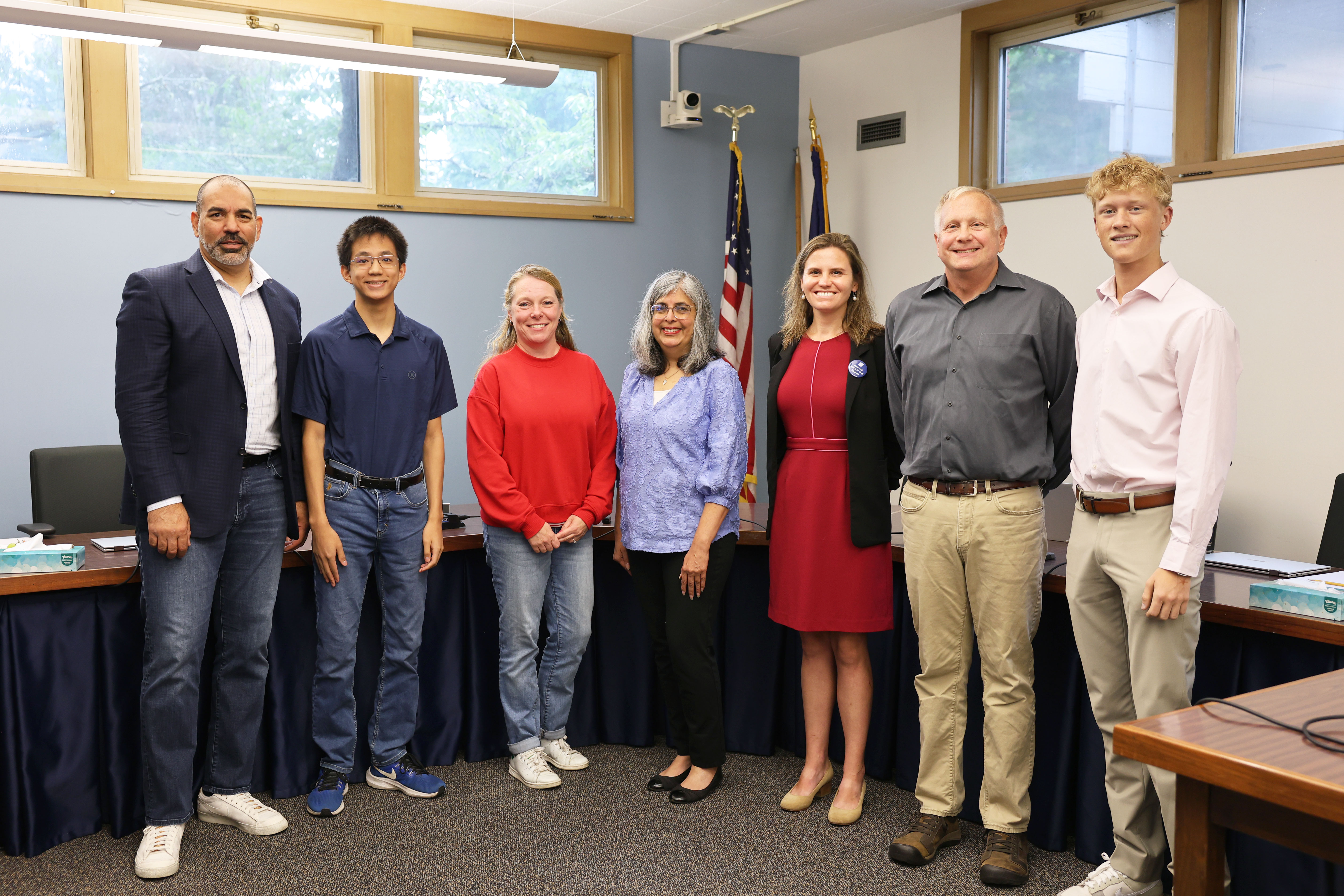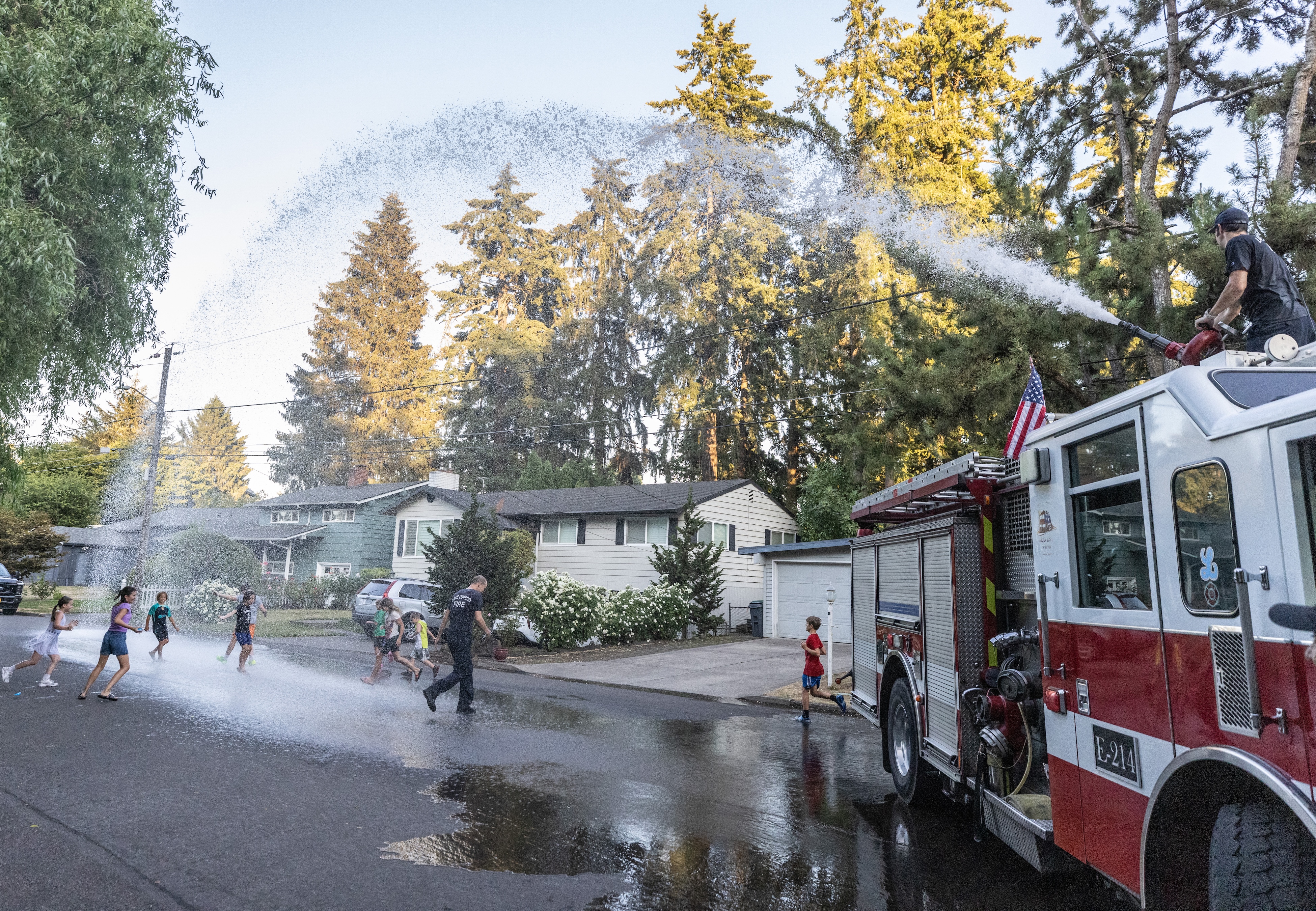Environment, social justice groups withdraw support for governor’s key groundwater protection bill
Published 6:26 am Tuesday, June 10, 2025
A 39-page amendment added to the bill Friday neutralizes the power it would have brought to state agencies to enforce pollution regulations, groups said
Groups that helped champion one of Gov. Tina Kotek’s key groundwater protection bills this session are withdrawing their support and asking the Legislature to let it die for now, following a last-minute amendment they say effectively neutralizes the intent of the legislation.
Senate Bill 1154 as first proposed in February would provide long overdue updates to the state’s Groundwater Quality Protection Act first passed in 1989, giving state agencies more authority to coordinate and to intervene early in Oregon’s contaminated groundwater areas.
Since 1989, three critical groundwater management areas have been identified in Oregon. They are all still considered to be in critical condition due to nitrate contamination, almost entirely from agricultural fertilizers and animal manure, and none have seen vast improvement in the last two to three decades.
Trending
Groups heavily involved in addressing water contamination issues in northeast Oregon — including the nonprofits Oregon Rural Action, Center for Food Safety, Food & Water Watch of Oregon, Columbia Riverkeeper, and Friends of Family Farmers — consulted with Kotek’s environmental advisers on the bill and offered testimony supporting it in recent months.
But in advance of a public hearing and vote on Monday in the Senate Committee on Rules, the groups released a statement saying they could no longer support it. They wrote that a proposed 39-page amendment posted late Friday at the request of state Sen. Kayse Jama, D-Portland and committee chair, “revealed the extent to which the Governor’s office had allowed powerful industrial lobbies to influence the bill late in the session.” Lawmakers have to wrap up voting on all bills by June 29.
At a news conference Monday Kotek said she was not aware of the proposed amendment.
“I think the bill is in good shape, and I know some folks would like it to be stronger, but I think it significantly strengthens what we do in the state, and I support the bill in its current state,” she said.
Several environmental and social justice groups that have supported the bill continue to do so with the amendment, according to Anca Matica, a Kotek spokesperson. They include the Portland-based nonprofit Verde, Oregon Environmental Council and Beyond Toxics.
Proposed changes
The amendment strikes earlier provisions in the bill that would have required state agencies to provide regular reports to the Environmental Quality Commission, the governor and the Legislature in order to receive funding to execute their local voluntary implementation plan. It also strikes part of the original bill that would have allowed the state to modify existing permits for wastewater reuse and confined animal feed operations if doing so could curb pollution.
Trending
One big change the amendment brings to the original bill, according to Kaleb Lay, policy director at Oregon Rural Action, is eliminating the requirement that the Oregon Department of Environmental Quality and the Oregon Water Resources Department work together to figure out whether new requests for groundwater permits, or requests for new uses of groundwater, might contribute to pollution.
Representatives from the Oregon Farm Bureau and Water for Eastern Oregon, a nonprofit industry group representing northeast Oregon food processors and agricultural industries, said the amendment makes improvements to the bill, specifically ones that require third-party analysis of state hydrogeology and well-testing data.
“The bill has come a long way. And again, the problem is identified,” Oregon Farm Bureau Executive Director Greg Addington told lawmakers on the Senate Rules Committee. “We want to avoid groundwater contamination. We can all understand that, and we can all get behind it.”
Next time
Kristin Anderson Ostrom, executive director of Oregon Rural Action, said in the multi-group statement it would be better to abstain from voting on the bill now and to work on it for the next Legislative short session in 2026.
“Governor Kotek showed great initiative in putting this bill forward to learn the lessons of the
LUBGWMA (Lower Umatilla Basin Groundwater Management Area) in eastern Oregon, but this legislation doesn’t go far enough to put those lessons into practice,” she wrote. “Polluters continue to get whatever they want, while the communities directly impacted by pollution are denied what they need and have been asking for – to enforce the law and stop the Pollution.”
The Lower Umatilla Basin Groundwater Management Area, designated as critically impaired in 1990, has gotten worse under state supervision. A volunteer committee established in 1997 to tackle problems has had little to no impact.
Thousands of residents in Morrow and Umatilla counties — mostly Latino and low-income — have been drinking from contaminated wells, which is dangerous because nitrates consumed over long periods can increase risks for cancer and birth defects. In September, Kotek and state agency officials released a comprehensive plan for curbing nitrate pollution in northeast Oregon that “will take decades” to achieve.








